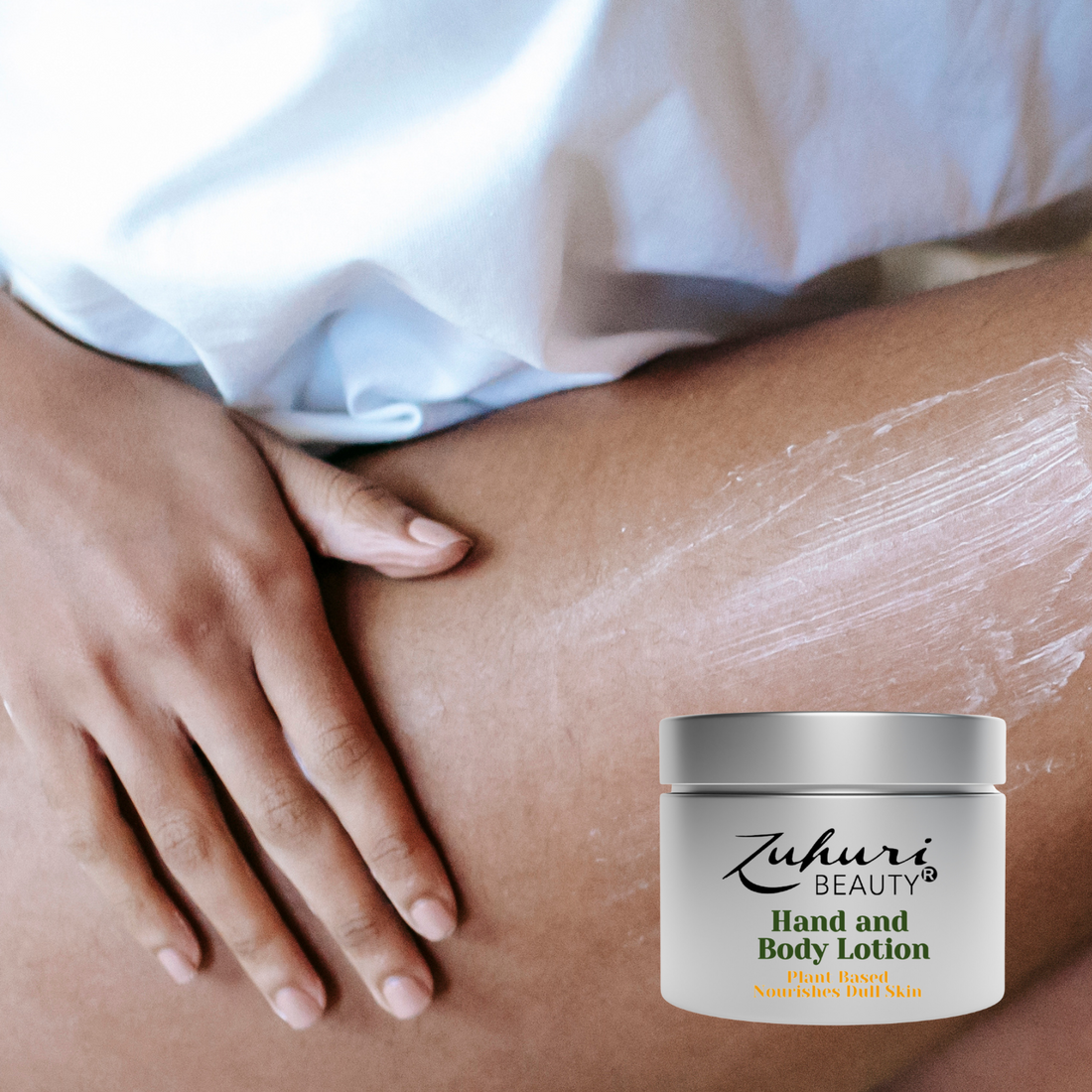
The Ultimate Guide to Non-Toxic Skincare for Sensitive Skin
Share
The Ultimate Guide to Non-Toxic Skincare for Sensitive Skin
For those with sensitive skin, finding effective skincare can feel like navigating a minefield. Even products marketed as "gentle" or "for sensitive skin" can contain irritants that trigger reactions. The clean beauty movement offers promising solutions, but not all clean products are created equal when it comes to reactive skin. This guide will help you identify truly compatible non-toxic options for your sensitive skin concerns.
Understanding Sensitive Skin
Sensitive skin isn't a single condition but rather a symptom that can stem from:
- Impaired skin barrier function: When your skin's protective outer layer is compromised
- Inflammation: Underlying redness and reactivity
- Contact dermatitis: Allergic or irritant reactions to specific ingredients
- Rosacea or eczema: Medical skin conditions that increase sensitivity
- Environmental factors: Including pollution, climate, and UV exposure
The clean beauty approach is particularly beneficial for sensitive skin because it eliminates many common irritants while focusing on barrier repair and anti-inflammatory ingredients.
Non-Toxic Ingredients That Calm Sensitive Skin
These clean, non-toxic ingredients have research-backed benefits for sensitive skin:
For Barrier Repair:
- Ceramides (plant-derived)
- Squalane (olive-derived)
- Evening primrose oil
- Sunflower seed oil
- Jojoba oil
- Oat lipids and extracts
For Anti-Inflammation:
- Centella asiatica (tiger grass)
- Bisabolol
- Green tea extract
- Calendula
- Chamomile
- Licorice root extract
- Tamanu oil
For Hydration Without Irritation:
- Glycerin (plant-derived)
- Aloe vera
- Hyaluronic acid (non-animal derived)
- Panthenol (provitamin B5)
- Polyglutamic acid
Ingredients Sensitive Skin Should Avoid
Even within clean beauty, sensitive skin should approach these ingredients cautiously:
- Essential oils (particularly citrus, mint, and cinnamon)
- Alcohol (especially denatured alcohol)
- Physical exfoliants
- High concentrations of fruit acids
- Witch hazel (particularly when alcohol-extracted)
- Botanical extracts with high sensitization potential
- Natural fragrances (which can contain dozens of potentially irritating compounds)
Building a Non-Toxic Routine for Sensitive Skin
Step 1: Gentle Cleansing Look for:
- pH-balanced formulas (around 4.5-5.5)
- Oil-based or balm cleansers for makeup removal
- Milky or cream cleansers that don't foam aggressively
- Minimal essential oils or no fragrance
Step 2: Targeted Treatment Focus on:
- Single-ingredient serums you can isolate if reactions occur
- Niacinamide (2-5%) for barrier support
- Centella-based products for redness reduction
- Hyaluronic acid for non-irritating hydration
Step 3: Barrier Support Prioritize:
- Ceramide-rich moisturizers
- Products with minimal ingredients (ideally under 20)
- Formulations specifically designed for barrier repair
- Occlusive final layers to seal in hydration
Step 4: Sun Protection Choose:
- Mineral sunscreens with zinc oxide and/or titanium dioxide
- Products without potentially irritating UV filters like avobenzone
- Formulas tested specifically for sensitive skin
Product Introduction Strategy
The safest approach for sensitive skin:
- Patch test everything: Apply new products behind your ear or on your inner forearm for 24-48 hours before facial use.
- One new product at a time: Wait at least a week between introducing new products.
- Start with basics: Establish a simple routine (cleanser, moisturizer, sunscreen) before adding treatments.
- Keep a skin diary: Track reactions to identify patterns and triggers.
- Less is more: Sensitive skin generally benefits from minimal, strategic product use rather than complex routines.
When to Seek Professional Help
While clean beauty can address many sensitive skin concerns, consult a dermatologist if you experience:
- Persistent redness, itching, or pain
- Worsening symptoms despite simplified routines
- Sudden changes in skin reactivity
- Symptoms that affect your quality of life
A dermatologist can help identify underlying conditions like rosacea, perioral dermatitis, or contact allergies that may require specific treatment beyond topical skincare.
Non-toxic skincare offers significant benefits for sensitive skin by eliminating common irritants and focusing on barrier repair. By selecting products with minimal, well-researched ingredients and introducing them carefully, you can build a clean beauty routine that calms and strengthens even the most reactive skin.
